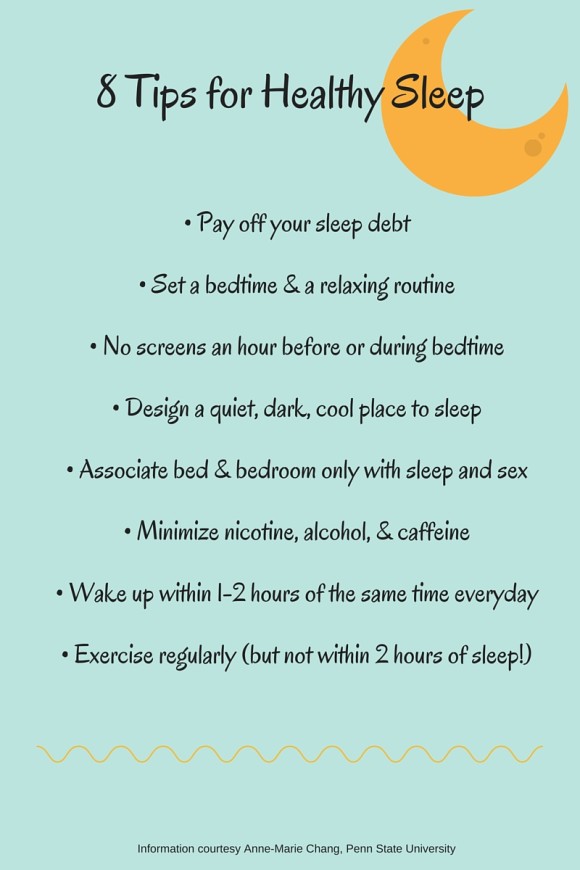By Wayne S. DeSarbo and Chris McKeon
Editor’s note: This article originally appeared in The Centre Daily Times as an installment of the paper’s Focus on Research column. Focus on Research highlights research projects and topics being explored across all disciplines at Penn State. Each column features the work of a different researcher.
Everyone knows that the March Madness “Big Dance” equals big hype; but for sports marketers, this yearly NCAA basketball tournament equals big opportunity. For the sport’s most loyal fans, watching the 40 minutes of play on the court is just a small portion of their interest and need for interaction with their favorite team — and that team’s brand. Conversely, the sports industry — like any business — depends principally on these heavily involved consumers, in this case, the fans.
It is crystal clear that the most important aspect to the sporting industry is the fans that buy tickets to attend the games, purchase merchandise and memorabilia from their favorite teams, and consume media to passionately follow their favorite team or sport. In 2015, this pulled in approximately $500 billion in the U.S. and $1.5 trillion for sports industries worldwide, according to Plunkett Research Ltd. Continue reading Focus on research: March Madness is the avid sports fan’s (and sports marketer’s) dream


